This volume is undoubtedly the most important work in Islamic mathematics, written in European languages, following the pioneering studies of Heinrich Suter and E. Wiedemann. The author provides us with a valuable contribution to what he calls “infinitesimal mathematics”, namely the mathematical measurements of surfaces and curved solids, by presenting the field of Islamic mathematical analysis as a continuous tradition rather than an isolated product of individual thinkers.
| Volume | View Vol. 1 (1996) | £70.00 Buy the book |
| View Vol. 2 (1993) | £70.00 Buy the book | |
| View Vol. 3 (2000) | £70.00 Buy the book | |
| View Vol. 4 (2002) | £70.00 Buy the book | |
| View Vol. 5 (2006) | £70.00 Buy the book | |
| Full Set | View Set Details | £159.38 Buy the book |
 Shared Knowledge
Shared KnowledgeFoundation work in this area

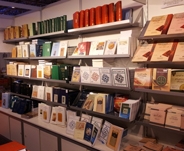
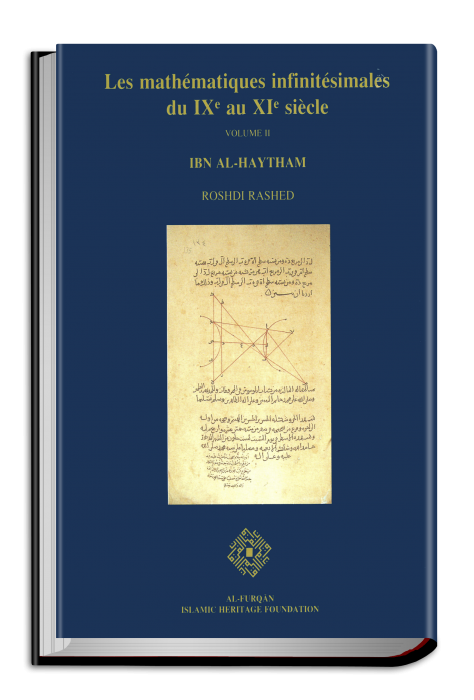
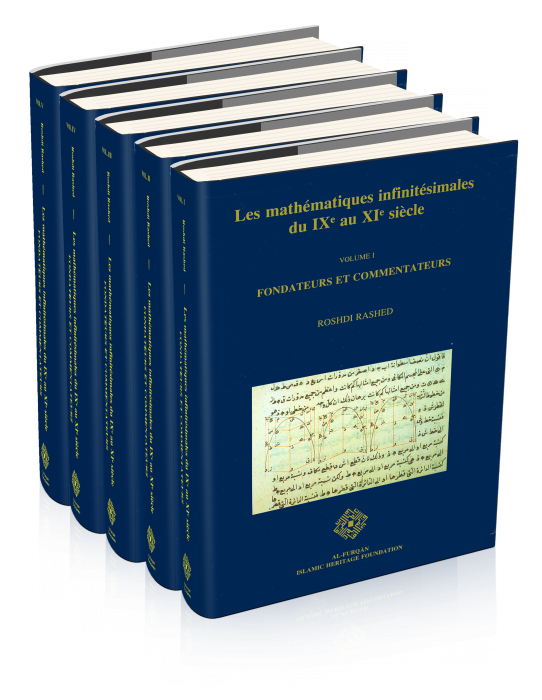 Les Mathématiques Infinitésimales du IXe au XIe siècle
Les Mathématiques Infinitésimales du IXe au XIe siècle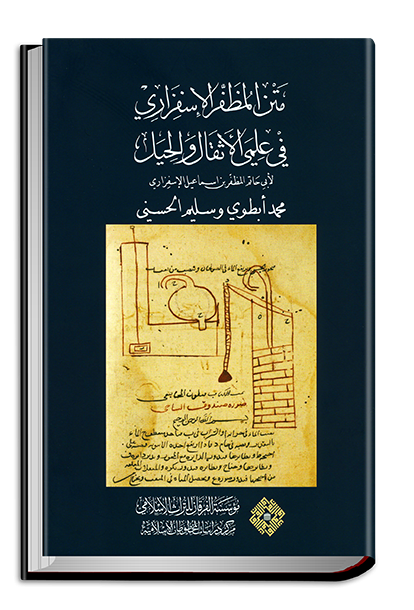 The Mechanical Corpus of al-Isfizārī in the Sciences of Weights and Ingenious Devices by Abū Ḥātim al-Muẓaffar ibn Ismāʿīl al-Isfizārī
The Mechanical Corpus of al-Isfizārī in the Sciences of Weights and Ingenious Devices by Abū Ḥātim al-Muẓaffar ibn Ismāʿīl al-Isfizārī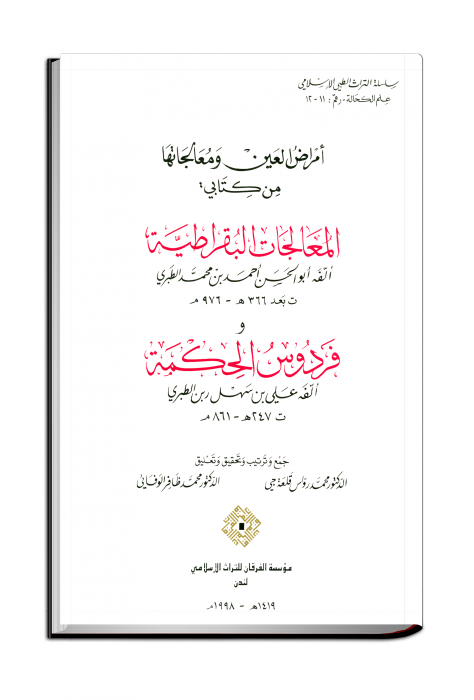 Amrāḍ al-ʿAyn wa Muʿālajātuha min Kitābay: al-Muʿālajāt al-Buqrāṭiyyah li-Abū al-Ḥassan Aḥmad b. Muḥammad al-Ṭabarī wa Firdaws al-Ḥikmah li-ʿAlī b. Sahl Raban al-Ṭabarī
Amrāḍ al-ʿAyn wa Muʿālajātuha min Kitābay: al-Muʿālajāt al-Buqrāṭiyyah li-Abū al-Ḥassan Aḥmad b. Muḥammad al-Ṭabarī wa Firdaws al-Ḥikmah li-ʿAlī b. Sahl Raban al-Ṭabarī